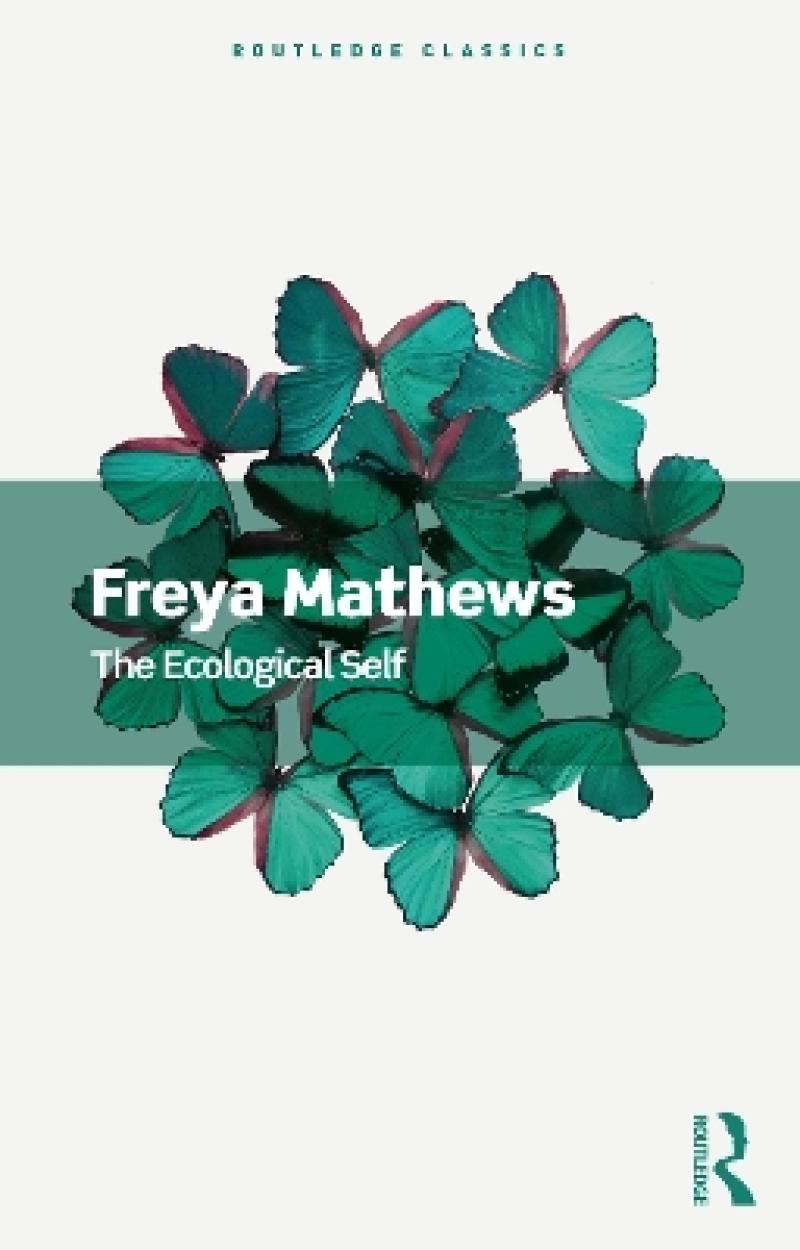<p><strong>'Freya writes beautifully ... [She] illuminates the relation physics and metaphysics, and between knowledge and faith ... if one wanted a clear articulation of some aspects of Spinoza's notion of substance and Einstein's cosmology, here they are.'</strong><em> - Habitat</em> </p><p><strong>'This is the book for which serious students of "deep" ecology have been waiting ...her treatment is outstandingly lucid, highly original and tightly argued.'</strong><em> - Times Higher Education Supplement</em> </p><p><strong>'It should be read by everyone interested in environmental ethics and will be of interest to many others.'</strong><em> - Australasian Journal of Philosophy</em> </p>
<p><strong>'Freya writes beautifully ... [She] illuminates the relationship between physics and metaphysics, and between knowledge and faith ... if one wanted a clear articulation of some aspects of Spinoza's notion of substance and Einstein's cosmology, here it is.'</strong><em> - Habitat</em> </p><p><strong>'This is the book for which serious students of "deep" ecology have been waiting ...her treatment is outstandingly lucid, highly original and tightly argued.'</strong><em> - Times Higher Education Supplement</em> </p><p><strong>'It should be read by everyone interested in environmental ethics and will be of interest to many others.'</strong><em> - Australasian Journal of Philosophy</em> </p>
Environmental disasters, from wildfires and vanishing species to flooding and drought, have increased dramatically in recent years and debates about the environment are rarely far from the headlines. There is growing awareness that these disasters are connected – indeed, that in the fabric of nature everything is interconnected. However, until the publication of Freya Mathews' The Ecological Self, there had been remarkably few attempts to provide a conceptual foundation for such interconnectedness that brought together philosophy and science.
In this acclaimed book, Mathews skilfully weaves together a thought-provoking metaphysics of the environment. She connects the ideas of the seventeenth-century philosopher Spinoza with twentieth-century systems theory and Einstein’s physics to argue that the atomistic cosmology inherited from Newton gave credence to a picture of the universe as fragmented, rather than as whole. Furthermore, it is such faulty thinking that presents human beings as similarly disconnected and individualistic, with the dire consequence that they regard nature as of purely instrumental rather than intrinsic value. She concludes by arguing for an ethics of ecological interdependence and for a basic egalitarianism among living species.
A compelling and fascinating account of how we must change our thinking about the environment, The Ecological Self is a classic of ecological and environmental thinking.
This Routledge Classics edition includes a substantial new Introduction by the author.
A compelling and fascinating account of how we must change our thinking about the environment, The Ecological Self is a classic of ecological and environmental thinking. This Routledge Classics edition includes a substantial new introduction by the author.
Introduction to the Routledge Classics Edition 1. Atomism and its Ideological Implications 2. Geometrodynamics: A Monistic Metaphysic 3. System and Substance: Alternative Principles of Individuation 4. Value in Nature and Meaning in Life. Notes Bibliography Index
Produktdetaljer
Biographical note
Freya Mathews is Emeritus Professor of Environmental Philosophy at Latrobe University, Australia. Her books include The Ecological Self (1991), Ecology and Democracy (editor, 1996), For Love of Matter: a Contemporary Panpsychism (2003), Journey to the Source of the Merri (2003), Reinhabiting Reality: towards a Recovery of Culture (2005), and Ardea: a philosophical novella (2015). In addition to her research activities she manages a private biodiversity reserve in northern Victoria. She is a fellow of the Australian Academy of the Humanities.
